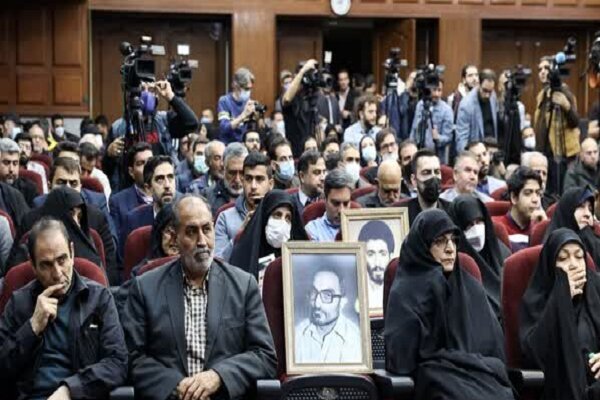Iran holds 17th trial session of MKO terrorists

TEHRAN – On Tuesday, an Iranian court held the 17th session in the trial of 104 members of the Mojahedin-e Khalq Organization (MKO) in Tehran, a group long accused of carrying out acts of terrorism against Iran.
The proceedings took place publicly at the 11th Branch of the Criminal Court of Tehran Province, continuing what has become a significant case in the country’s legal battle against terrorism.
Presiding over the trial, the judge emphasized that the Iranian people have been primary victims of terrorism for decades, with the crimes of the MKO at the forefront. He stressed that the day’s hearing was centered around holding the MKO members accountable for the violent acts attributed to them, which have caused immense harm to the nation.
The judge also highlighted the broader implications of terrorism, stating that it poses a serious threat to peace, justice, and global security. He added that the Islamic Republic of Iran, through its judiciary, has been working diligently to combat these dangers and to foster an environment of greater peace, justice, and stability, both within its borders and in the international community.
He argued that Iran has been a victim of terrorism long before major global incidents, such as the September 11 attacks in the United States, and that the Iranian judiciary had been actively fighting terrorism well in advance. This long-standing commitment, according to the judge, is rooted in Iran’s own experiences with terrorist violence, particularly from groups like the MKO.
The judge further noted that although there are numerous international frameworks aimed at combating terrorism—such as UN resolutions, including the 1994 resolution and Resolution 2011 from the United Nations Security Council Counter-Terrorism Committee—some international bodies have displayed a double standard in their approach.
He pointed out that certain UN observers, rapporteurs, and representatives have not applied the same level of scrutiny or justice when dealing with different victims of terrorism, suggesting that Iran’s own efforts to fight terrorism have not always been acknowledged on the global stage.
